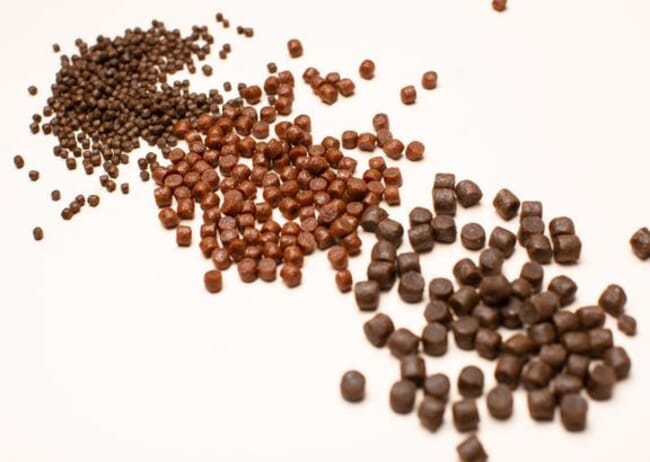
© Joe Urratia/Nofima
Currently, the salmon industry requires a greater diversity in sustainable raw materials which are beneficial to both salmon and the environment than current options, and microalgae and insects are promising raw materials. As part of a current project aimed at creating sustainable salmon feed from algae and insect meal, Nofima senior researcher Katerina Kousoulaki has been listening in on consumer focus groups to gauge the public’s understanding of farmed salmon and their diets.
“The respondents loved eating salmon but did not know much about the fish. My impression is that we need to educate the consumers,” said Kousoulaki, in a press release.
The focus groups revealed that the consumers actually knew very little about the fish that they were consuming and, in fact, presented several points which turned out to be false.
“If you ask people what salmon eat in the wild, many will answer ‘algae’ and ‘shrimp’. However, salmon don’t eat algae, and they don’t eat much shrimp, either. They mainly feed on fish, and upriver they feed on insects. Many of the surveyed consumers had a positive attitude towards using algae in fish feed, but did not think that insects were a natural food for the salmon,” Kousoulaki explained.
Market expert Sandra Bretagne is a leading partner in the consulting company Insightquest, which conducted the consumer survey using focus groups on behalf of Nofima and Auchan. She is confident that it is possible for consumers to accept salmon being fed more insects and algae - but believes that it will take time and focussed communication efforts.
“We need to start the communication on a very basic level. Consumers have little knowledge about industrial processes. Do you know anything about the industrial processes behind the production of shampoo? Very few do. And that’s how it is with the food people eat, too - they tend to have only very superficial knowledge,” she explained.




